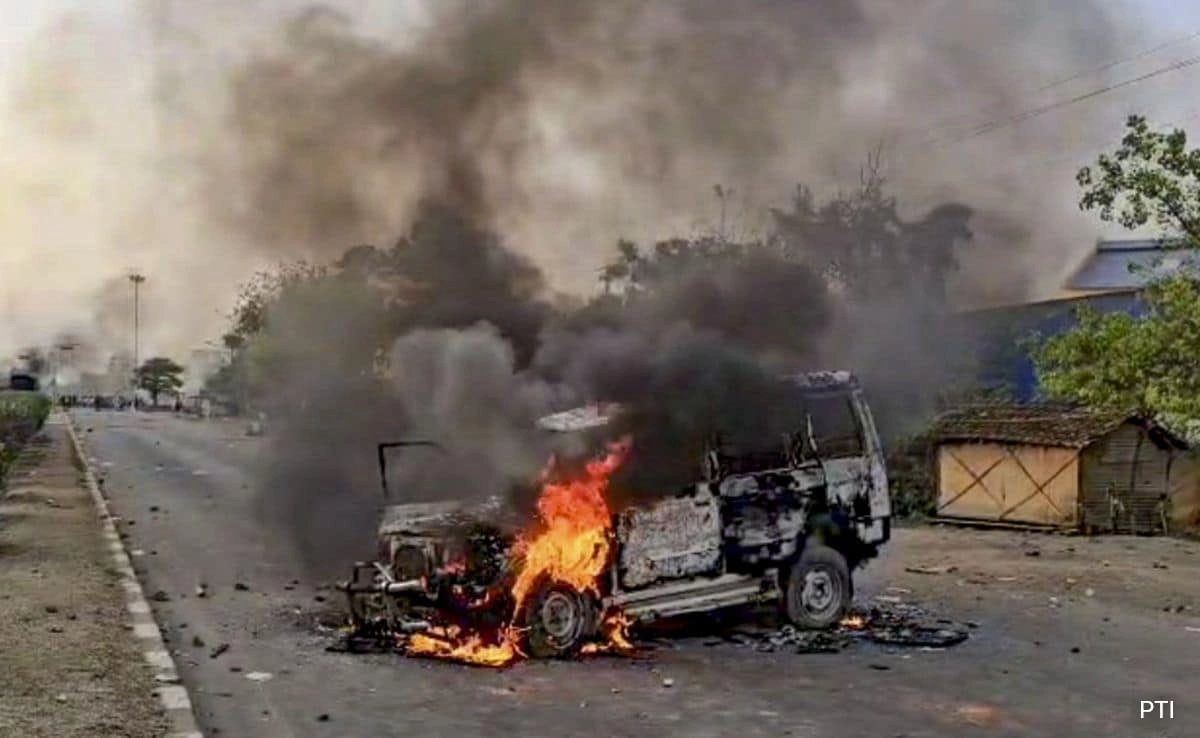Violence erupted in West Bengal as protests against the Waqf Act turned chaotic, leading to the blocking of railway tracks in several areas. The unrest was primarily fueled by tensions surrounding the management and utilization of waqf properties, which are designated for religious and charitable purposes in Islam. Demonstrators, consisting of various community members, expressed their dissatisfaction with the state government’s handling of waqf properties and their concerns about potential mismanagement. The situation escalated quickly, resulting in clashes between protestors and law enforcement agencies, who attempted to restore order.
As the protests intensified, railway services were severely disrupted, with numerous train services being halted or delayed due to the blockades. Passengers were left stranded, and the ripple effects of the unrest were felt across the region, as the railway network is a vital mode of transportation for many. The blocking of railway tracks not only highlighted the protestors’ determination to voice their grievances but also underscored the broader issues related to governance and community rights over religious properties. The clash between protestors and police also raised concerns about public safety and the government’s ability to manage civil unrest.
Authorities responded to the escalating situation by deploying additional security forces to the affected areas, aiming to restore normalcy and ensure the safety of citizens. However, the underlying issues prompting the protests remained unresolved, prompting calls for dialogue between community leaders and the government to address the grievances related to the Waqf Act. As the situation continues to develop, it has drawn attention to the need for a more comprehensive understanding of the Waqf Act’s implications and the importance of community engagement in managing such sensitive issues. The events in West Bengal serve as a reminder of the complex interplay between law, religion, and community rights in a diverse society.




